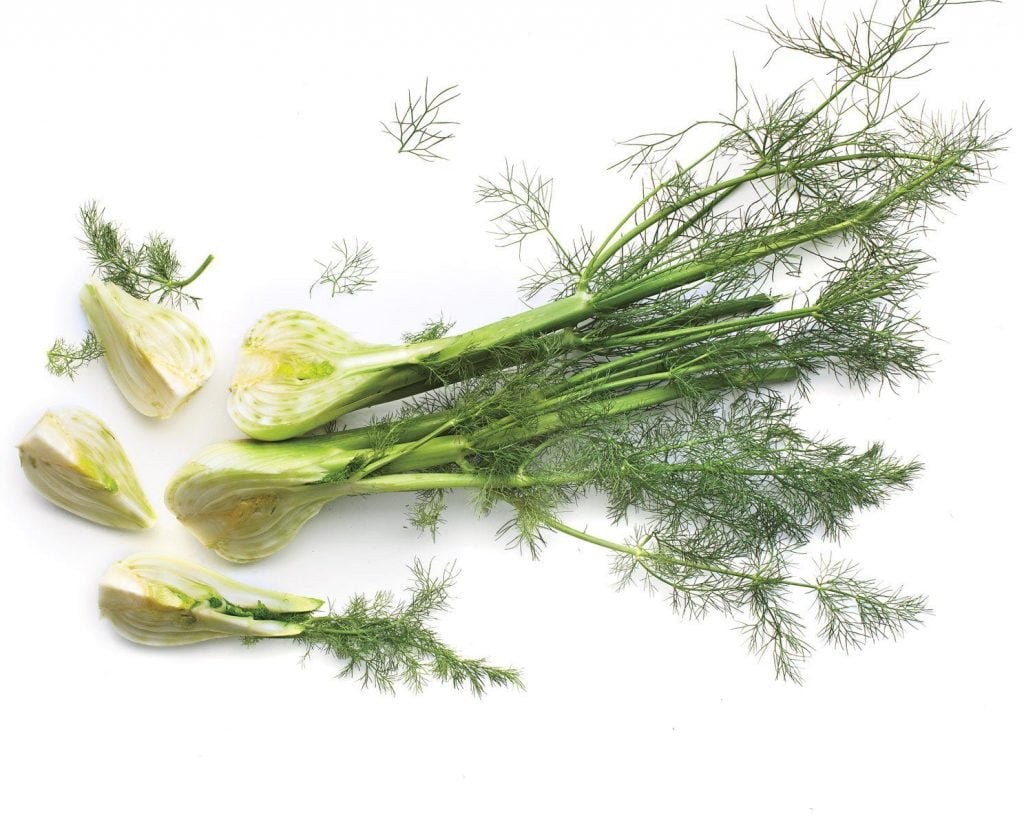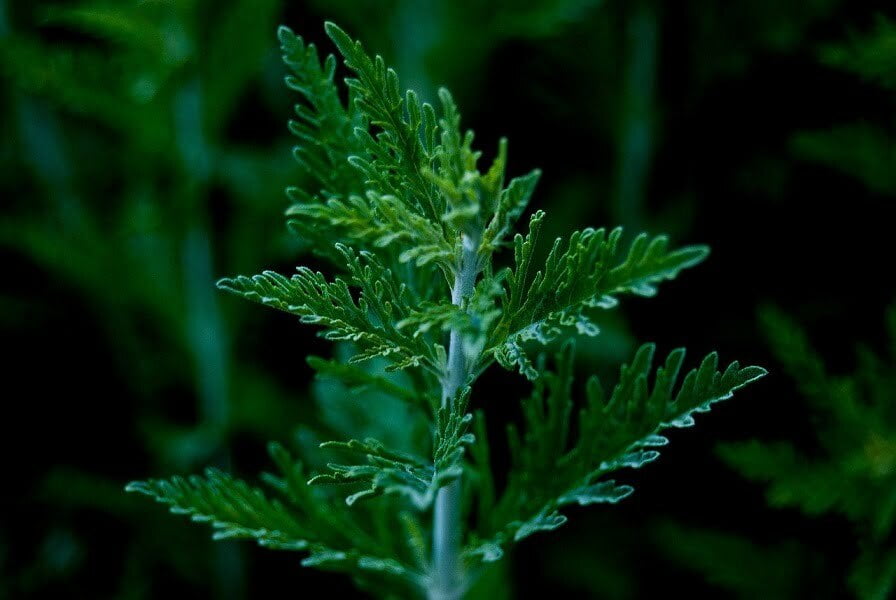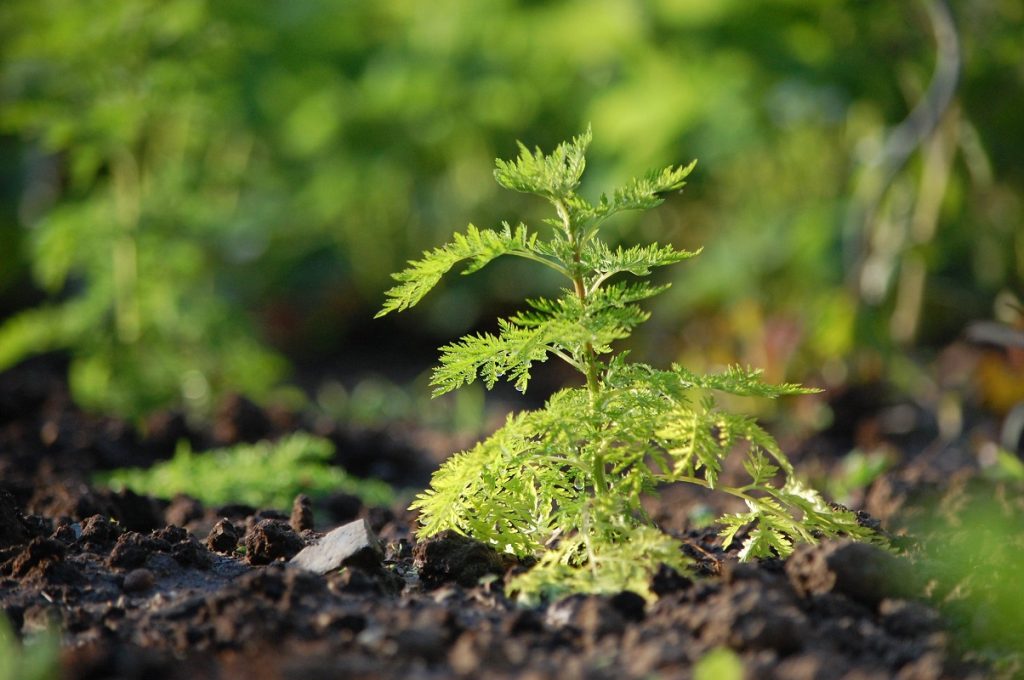Fenouil : une plante médicinale ancestrale aux vertus curatives

Les usages du fenouil sont ancestraux : les papyrus de l’ancienne Égypte, la Chine ancienne, l’Inde et l’Arabie le mentionnaient déjà. Dans la plus haute Antiquité, on se couronnait de fenouil lors des cultes mystérieux voués à Dionysos. Cultivé par les moines au Moyen Âge et ainsi répandu dans toute l’Europe, le fenouil a été utilisé tant comme condiment que légume ou plante médicinale. Hippocrate, Pline, Dioscoride, Gallien, Albert le Grand, Charlemagne (qui le déclara plante indispensable), Sainte Hildegarde de Bingen, tous louaient ses innombrables vertus. Ces dernières, après avoir été révoquées et oubliées, se sont trouvées scientifiquement reconnues depuis !
Allergique au pollen ?

Nez qui coule, nez bouché, yeux qui piquent et qui pleurent, éternuements, démangeaisons, larmoiements, réactions cutanées, yeux bouffis, difficultés à respirer, autant de symptômes dus à un terrain allergique au dégagement des pollens. L’explosion de pollen et le nombre d’allergies ont triplé en 25 ans. L’allergie au pollen, (la rhinite saisonnière ou le rhume des foins) touche 20 % à 30 % des individus.
L’artemisia, remède controversé contre le paludisme

[fusion_builder_container type= »flex » hundred_percent= »no » hundred_percent_height= »no » min_height_medium= » » min_height_small= » » min_height= » » hundred_percent_height_scroll= »no » align_content= »stretch » flex_align_items= »flex-start » flex_justify_content= »flex-start » flex_column_spacing= » » hundred_percent_height_center_content= »yes » equal_height_columns= »no » container_tag= »div » menu_anchor= » » hide_on_mobile= »small-visibility,medium-visibility,large-visibility » status= »published » publish_date= » » class= » » id= » » spacing_medium= » » margin_top_medium= » » margin_bottom_medium= » » spacing_small= » » margin_top_small= » » margin_bottom_small= » » margin_top= » » margin_bottom= » » padding_dimensions_medium= » » padding_top_medium= » » padding_right_medium= » » padding_bottom_medium= » » padding_left_medium= » » padding_dimensions_small= » » padding_top_small= » » padding_right_small= » » padding_bottom_small= » » padding_left_small= » » padding_top= » » padding_right= » » padding_bottom= » » padding_left= » » link_color= » » link_hover_color= » » border_sizes= » » border_sizes_top= » » border_sizes_right= » » border_sizes_bottom= » » border_sizes_left= » » border_color= » » border_style= »solid » box_shadow= »no » box_shadow_vertical= » » box_shadow_horizontal= » » […]
L’armoise annuelle, plante controversée

[fusion_builder_container type= »flex » hundred_percent= »no » hundred_percent_height= »no » min_height= » » hundred_percent_height_scroll= »no » align_content= »stretch » flex_align_items= »flex-start » flex_justify_content= »flex-start » flex_column_spacing= » » hundred_percent_height_center_content= »yes » equal_height_columns= »no » container_tag= »div » menu_anchor= » » hide_on_mobile= »small-visibility,medium-visibility,large-visibility » status= »published » publish_date= » » class= » » id= » » spacing_medium= » » margin_top_medium= » » margin_bottom_medium= » » spacing_small= » » margin_top_small= » » margin_bottom_small= » » margin_top= » » margin_bottom= » » padding_dimensions_medium= » » padding_top_medium= » » padding_right_medium= » » padding_bottom_medium= » » padding_left_medium= » » padding_dimensions_small= » » padding_top_small= » » padding_right_small= » » padding_bottom_small= » » padding_left_small= » » padding_top= » » padding_right= » » padding_bottom= » » padding_left= » » link_color= » » link_hover_color= » » border_sizes= » » border_sizes_top= » » border_sizes_right= » » border_sizes_bottom= » » border_sizes_left= » » border_color= » » border_style= »solid » box_shadow= »no » box_shadow_vertical= » » box_shadow_horizontal= » » box_shadow_blur= »0″ box_shadow_spread= »0″ […]


